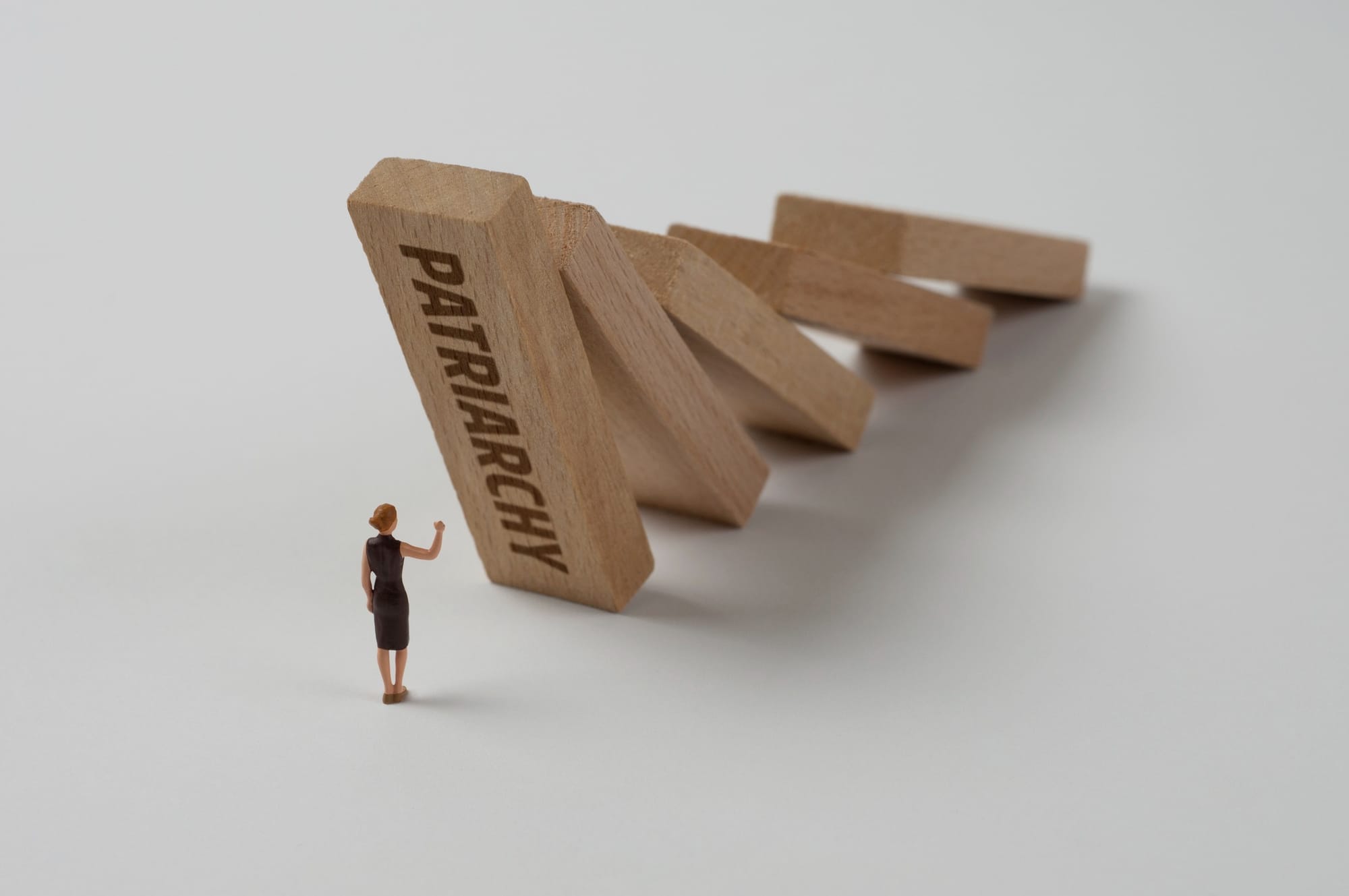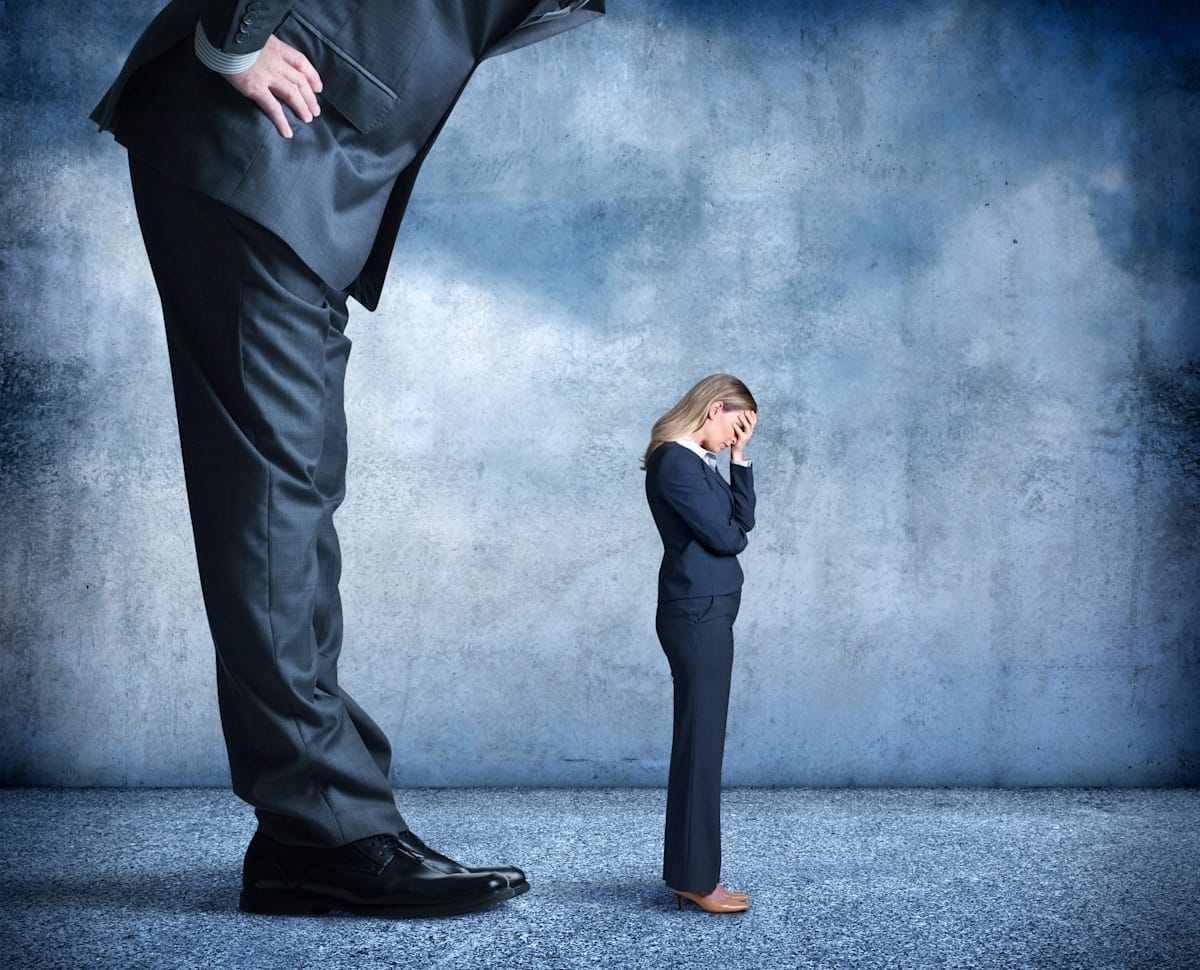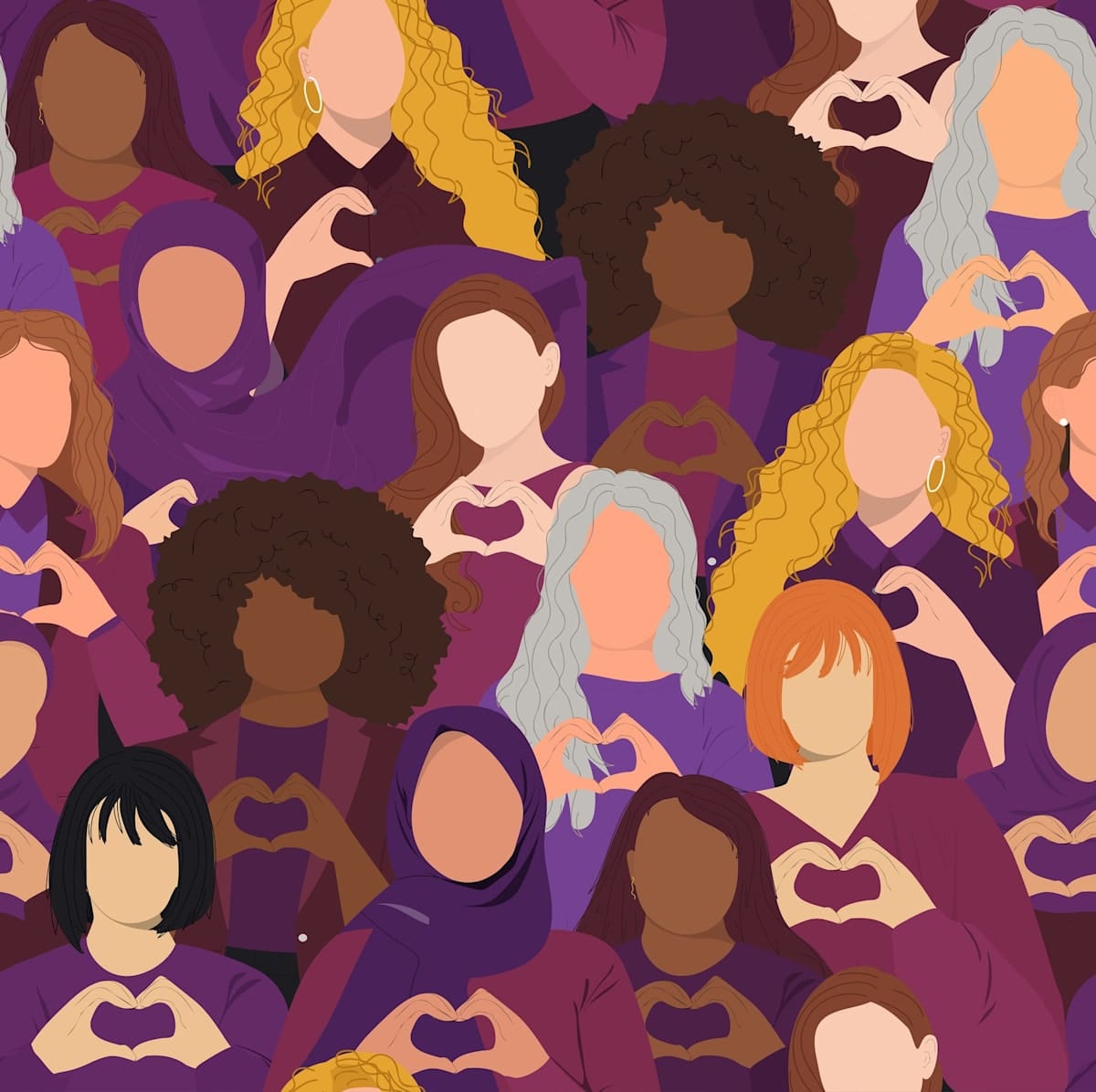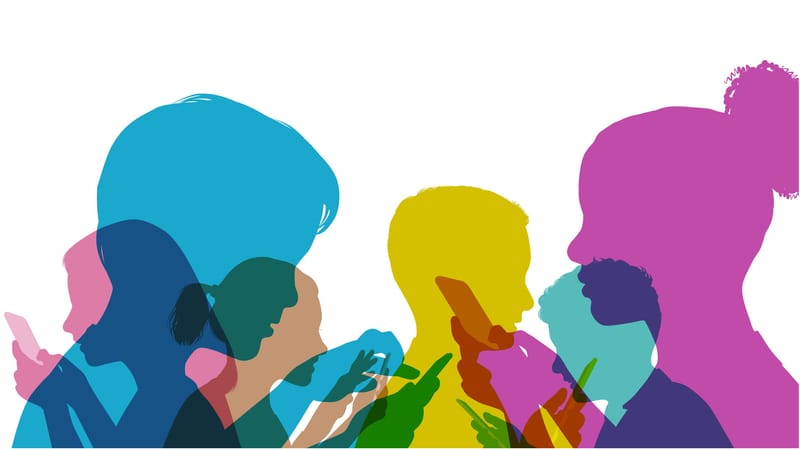
While gender equality has been slowly creeping in the right direction, such progress in the hands of the pandemic swiftly put women back in their place both at work and home.
Professional women found themselves shocked at the snap back to patriarchal norms in their homes. Men’s “real” work became the priority, while women were endowed with a plethora of new responsibilities such as remote learning, and the return of previously outsourced tasks and other unpaid work.

During the pandemic, we interviewed 31 professional women about their work and home experiences. We also asked women to provide us anonymous written personal reflections on the impact of the pandemic on their careers.
What we found was devastating, as we witnessed the very real regression of power and progress for women.
Emotional labour in the workplace is a responsibility that has plagued women for many years, and involves keeping other people comfortable and happy.
During the pandemic, many women professionals found themselves responsible for staff morale, team spirit, caring, mental health and “checking-in” on colleagues, as well as organising additional virtual get-togethers.
Emotional labour is largely unrecognised and unrewarded in the workplace. It’s generally not regarded as leadership.
Many men in leadership roles delegated in both overt and covert ways this “new” additional work to the women in their teams, placing a significant burden on them.
Artist and activist V, formerly known as Eve Ensler, says the pandemic has unleashed "disaster patriarchy," a process in which "men exploit a crisis to reassert control and dominance and rapidly erase the hard-earned rights of women.” pic.twitter.com/HKRIvc2fNT— Democracy Now! (@democracynow) June 4, 2021
Female professionals were battling on many other fronts as well. We studied auditing, which faced a complete pivot from the office or onsite with clients, to private homes.
Women who had previously been denied the option of working from home despite vigorous lobbying were suddenly left there with no effective structural support.
Profit and performance targets remained static as workloads escalated and became unrelenting. Some women were angry, but most didn’t have the bandwidth for anger, describing the fallout as devastating, shocking and distressing.
The home offered no refuge as women became the person primarily responsible for childcare, remote learning, caring of elderly parents, hygiene, ensuring there was enough food, toilet paper(!), masks, hand sanitiser, medical appointments, and pet food.
Tasks that had been outsourced in order to accommodate work, such as cleaning and after-school care, reverted back to women.
With children at home all day, the pressure mounted. Women confided that some marriages ended, some left jobs, and for many mental health was compromised and safety was violated.
One woman reflected:
“I had to juggle full-time work along with homeschooling primary and secondary-age children. My husband was able to continue working during most of the lockdown, therefore the homeschooling was my responsibility. My work was busier than it has ever been, therefore I had to work extremely long days, and I was exhausted and burnt out. There was a blur between home life and work life, and I felt like work never stopped.”
Women learnt that their place in society was fragile – much more fragile than they had believed. They learnt that their workplaces prioritised profit and productivity above all else.
They learnt that schools expected mothers to take on the new remote learning responsibilities.
They learnt that their partners prioritised their career over hers. They learnt that they were expected to somehow do it all.
One woman said:
“Even members of my own family could not comprehend the strain of this workload, and made both myself and my children feel like I was doing the wrong thing by not being [available] at home every moment to educate them”.
Many women suffered economically. They had to take unpaid leave or temporarily move to part-time work to keep up with their new home duties.
Others were victims of large firms “temporarily” cutting salaries, with some threatening and enforcing redundancies or not paying staff for the additional hours of work.
One woman indicated:
“Personally, I was putting in at least 12 hours a day to keep up with my workload. In our agency we were told that we were not allowed to accrue any flexi-time during the working from home period, therefore those 4.5+ extra hours a day was just a voluntary donation to stay on the job.”
This broke some women and made others angry.
Mental health was severely compromised. Many firms played a hypocritical game spruiking the importance of wellbeing and resilience while allowing extreme workloads to be the norm all for profitability.
One woman reflected:
“The pandemic has made me question at what point is ‘resilience’ detrimental to health and wellbeing? We often talk about resilience being critical to success in business. You have to learn to be resilient.
“But, during and post the lockdown periods, I’ve noticed myself and others stretching ourselves to cope with unreasonable working hours, and a serious lack of boundaries between our working and personal lives. At what point does resilience become a weakness, preventing us from recognising and changing behaviours that are undermining our health? At what point should businesses stop championing resilience at the expense of staff wellbeing?”
On reflecting about the impact of the pandemic on her career, one woman wrote:
“I hope that I was the only one that came out of the pandemic with seriously damaged mental health, damaged career, broken relationship”.
Two years on from the pandemic, leaders must now show the courage to reflect on their organisational values, their actions, the inequities created, and the enduring impacts on professional women.
It’s time to proactively strategise on how to do better and ensure this doesn’t happen again, as it’s likely we will again face future pandemics and climate-change-related crises.
As a society, we must reflect on how the patriarchy and our man-made systems and male bias raised its ugly head during the pandemic, and how professional women – and all women for that matter – were impacted.

How do we dismantle this systemic problem in the office, at home, and throughout society?
We must acknowledge the unfairness, the sacrifice, the expense and stress inflicted upon women in this capitalist world that is blindsided by profit and growth at all costs, and which is often unethical.
And it’s just not up to women to fight this good fight.
It’s up to all men to acknowledge the burden placed on women. We all must dismantle and rebuild a working world that serves us all.
This article was co-authored with Dr Alessandro Ghio, PhD, Associate Professor of Accounting at Université Laval (Québec, Canada). Their research focuses on issues related to diversity in accounting (in particular, sexuality, gender and age) and corporate social media communication.





